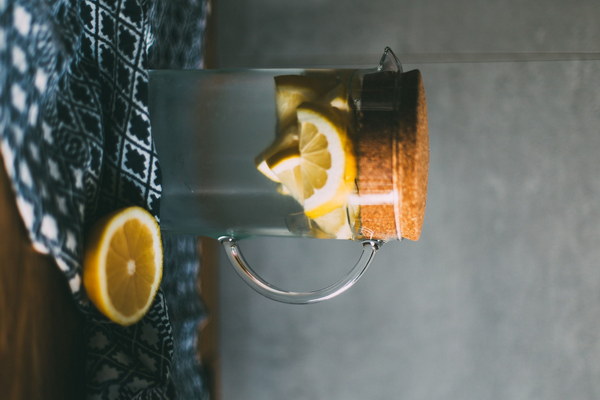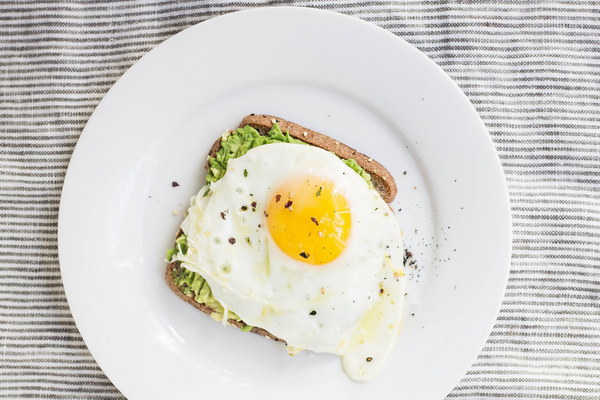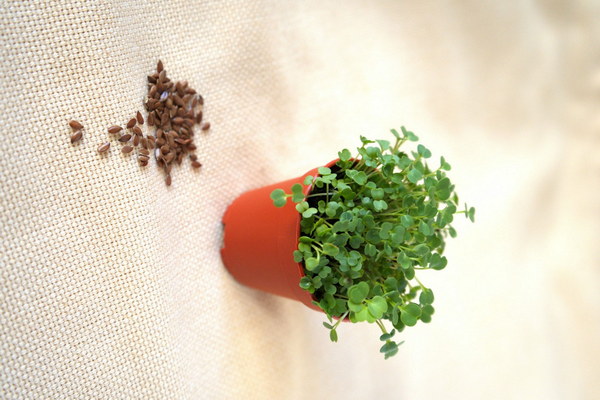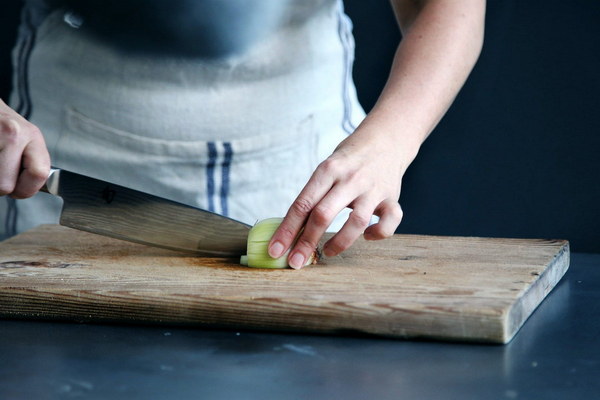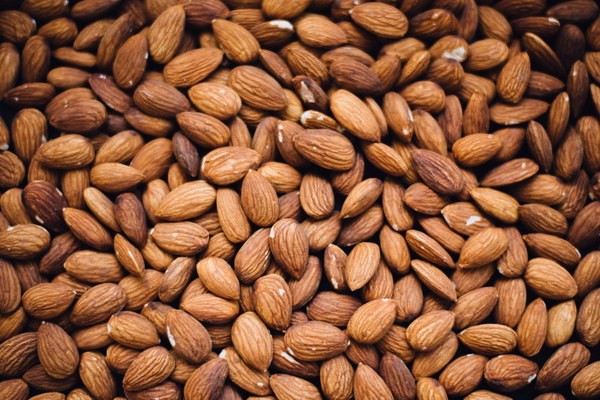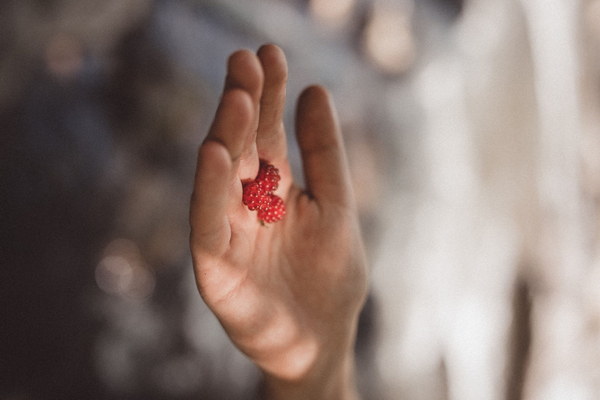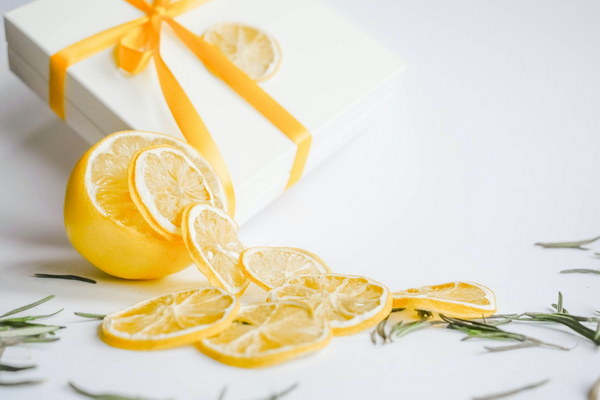Unveiling the Ancient Art of TCM HealthBoosting Herbs in Your Cup
In the realm of traditional Chinese medicine (TCM), the concept of Yang Sheng or self-cultivation is deeply rooted in the belief that maintaining a harmonious balance within the body is key to a long and healthy life. One of the most delightful ways to achieve this balance is through the consumption of Yang Sheng Cha or health-boosting herbal teas. These brews, steeped in ancient wisdom, offer a gentle yet effective means of nurturing the body and mind. Let's delve into the world of TCM-inspired herbal teas and discover their myriad benefits.
The Essence of TCM Herbs
TCM herbs are selected based on their unique properties, which include flavor, temperature, and therapeutic effects. These properties are believed to interact with the body's internal environment, working to address specific imbalances. In the case of herbal teas, these properties are concentrated in the form of aromatic and flavorful infusions.

Common Ingredients in TCM Herbs
1. Ginseng (Ren Shen): Known for its adaptogenic properties, ginseng is a popular ingredient in TCM herbal teas. It is believed to boost energy, improve memory, and enhance overall vitality.
2. Chrysanthemum (Ju Hua): Chrysanthemum flowers are cooling and are often used to relieve eye strain, reduce inflammation, and improve sleep quality.
3. Green Tea (Lu Cha): A staple in Japanese and Chinese culture, green tea is rich in antioxidants and is known for its ability to boost metabolism, reduce stress, and improve heart health.
4. Peony (Mu Dan Pi): This herb is used to support heart health, improve circulation, and calm the mind. It is also believed to help regulate menstrual cycles.
5. Goji Berries (Gou Qi Zi): Goji berries are a powerhouse of antioxidants and are said to enhance immunity, improve vision, and promote longevity.
The Art of Brewing
The process of brewing TCM herbal teas is as important as the ingredients themselves. Here are some tips to ensure the best possible infusion:
- Water Quality: Use fresh, filtered water to avoid any impurities that may affect the flavor and properties of the herbs.
- Temperature: The ideal water temperature varies depending on the herb. For instance, green tea is best brewed at 160-180°F (70-82°C), while ginseng requires boiling water.
- Steeping Time: Most TCM herbal teas should be steeped for about 3-5 minutes, but it's important to consult specific recipes for each herb.
Benefits of TCM Herbal Teas
- Enhanced Immune System: Herbs like goji berries and astragalus are known for their immune-boosting properties.
- Stress Reduction: Ingredients like chrysanthemum and valerian root can help calm the mind and reduce stress levels.
- Improved Digestion: Herbs like ginger and mint can help aid digestion and relieve bloating.
- Enhanced Sleep: Certain herbal teas, such as chamomile and valerian root, are known for their relaxing effects and can help improve sleep quality.
- Longevity: The combination of various herbs in TCM herbal teas is believed to promote longevity and overall well-being.
Conclusion
Incorporating TCM-inspired herbal teas into your daily routine can be a delightful and healthful addition to your wellness journey. By understanding the properties of each herb and how they work together, you can create a personalized blend that supports your unique health needs. Embrace the ancient wisdom of TCM and let the comforting warmth of a health-boosting herbal tea soothe your body and mind.
